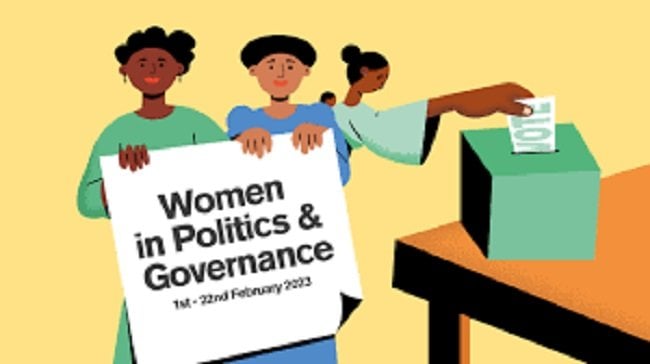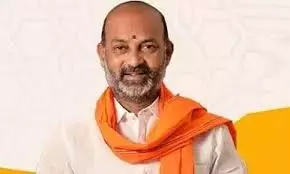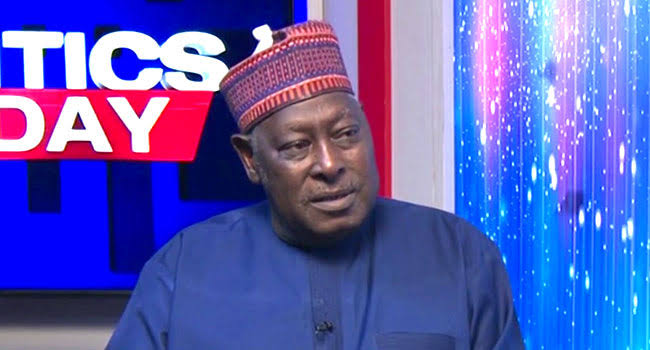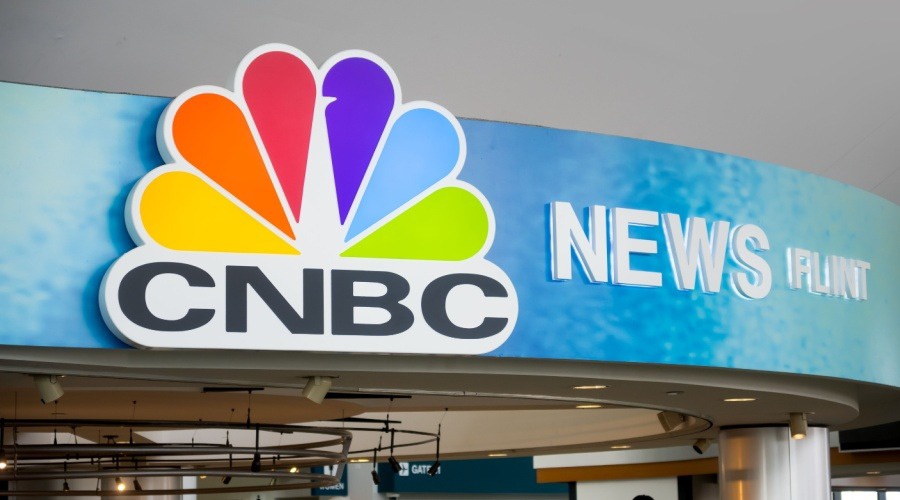Blog
Female gender hopes in Nigeria politics today

The Low Rate of Females in Nigerian Political Positions
The statistics are stark:
– In the 10th National Assembly, only 45 women occupy legislative seats out of 991 total seats across the 36 Houses of Assembly.
– The Senate has only 4 female senators out of 109 members.
– The House of Representatives has 15 female members out of 360.
– Nigeria has never elected a female governor.
### The Treatment Given to Female Politicians and Aspirants in Nigeria
Female politicians in Nigeria often face:
– Sexism and misogyny
– Limited access to funding and resources
– Societal expectations and stereotypes
– Violence and intimidation
These challenges discourage many women from pursuing political careers, perpetuating the underrepresentation of women in politics.
### The Need for Change
To address this imbalance, it’s essential to:
– Encourage women to participate in politics
– Provide support and resources for female politicians
– Promote gender-sensitive policies and practices
– Challenge societal norms and stereotypes
* A Call to Action: Empowering Female Leadership in Lagos State
The major political parties in Nigeria, including the APC, PDP, SDP, and ADC, should consider fronting female candidates for key positions. Lagos State, in particular, could benefit from female leadership. Some credible women who could be considered for the governorship position include:
– Princess Islamat AbiLun Discreted
– The adulter
– Sensorinsola Surally
– Abike, Friday
– Adefuline Adjoke
– Fola Shade Sherifat Jaji
– Lateifat custody
– Abiola Daser
– Adjook Poinle
– Alimot Peleakora
– Sarah Adebisi Susan
– Olopanopianke Travel Thomas
– Old Honor Chaste
– Josephine Oluseyi Williams
By supporting female candidates, Nigeria can take a significant step towards achieving gender balance in politics and promoting inclusive leadership.
The underrepresentation of women in Nigerian politics is a pressing issue that requires attention and action. By empowering women to take on leadership roles, Nigeria can harness the talents and perspectives of its entire population. Let’s make it happen – let’s ensure the world knows that Nigeria is committed to achieving gender balance and inclusive politics.
Abiola. Akinola. Aaker


















